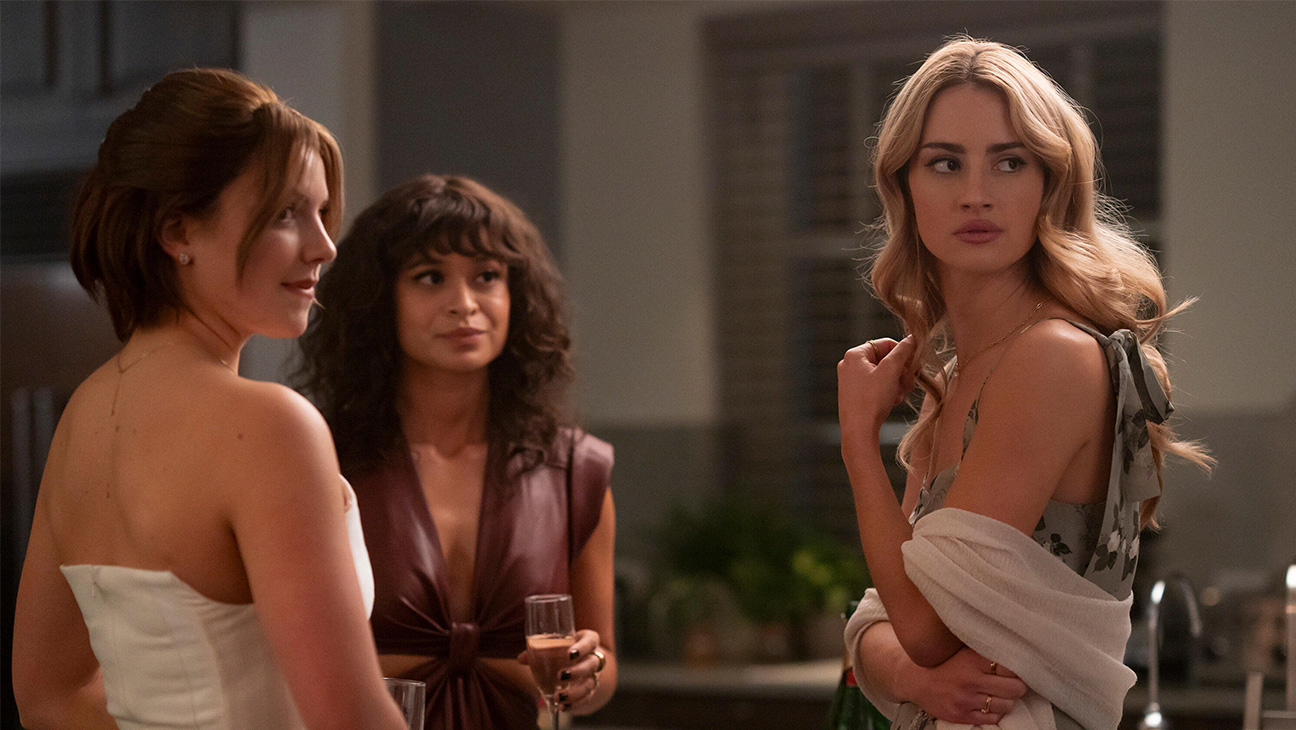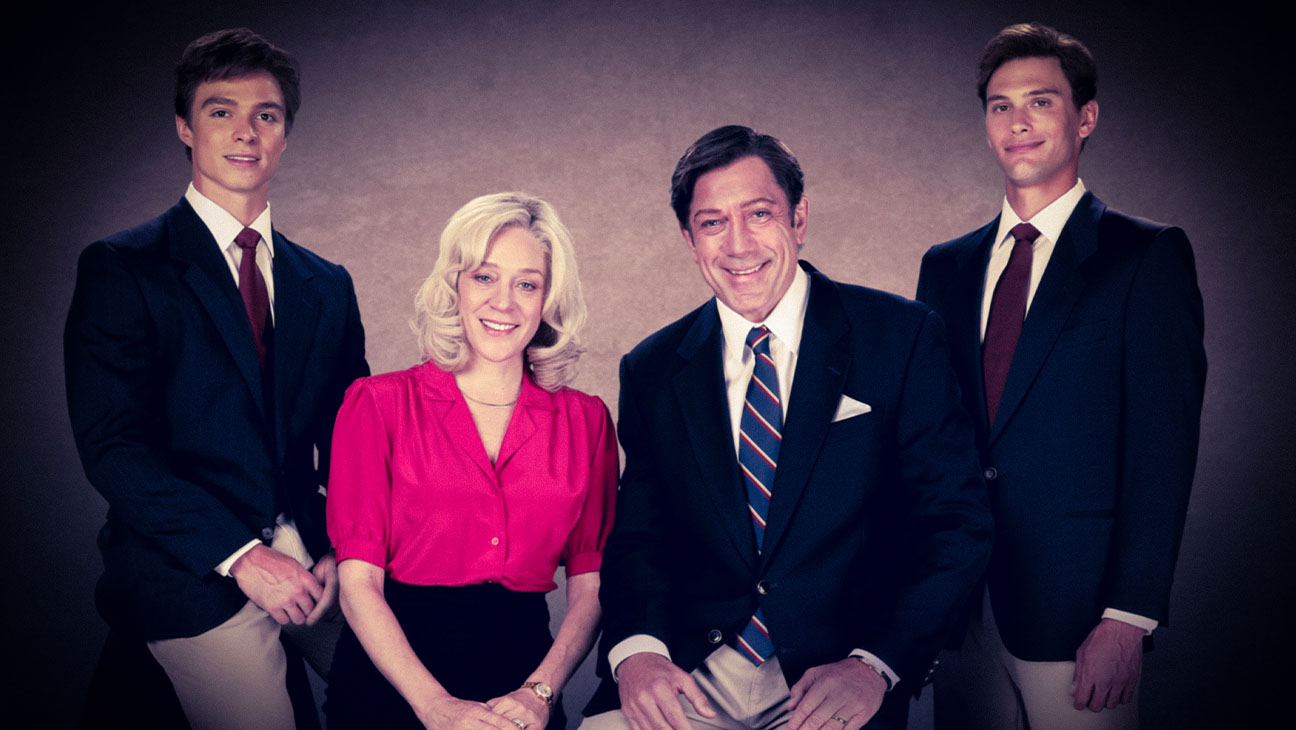Donald Sutherland, whose performances in such films as M*A*S*H, Ordinary People and The Hunger Games proved he could portray sinister, sympathetic, comedic or tragic with equal aplomb, has died. He was 88.
Sutherland died Thursday in Miami after a long illness, CAA’s Missy Davy told The Hollywood Reporter.
Remarkably, Sutherland was never even nominated for a competitive Oscar, though the Academy of Motion Picture Arts and Sciences made up for the oversight by giving him an honorary statuette in November 2017 at the Governors Awards.
A prodigious actor who often appeared in three to five films a year, the lanky Canadian-born star displayed great range during his six-decade career. His early characters, like crazed/dazed Pvt. Vernon Pinkley in The Dirty Dozen (1967), anti-Establishment Army medic Benjamin Franklin “Hawkeye” Pierce in M*A*S*H (1970) and hippie tank commander Oddball in Kelly’s Heroes (1970), were rascally mavericks.
With his distinctive baritone and crystal blue eyes, Sutherland was also effective in provocative roles, like when he played a private eye who falls for a prostitute (his then real-life romantic partner Jane Fonda) in Alan J. Pakula’s Klute (1971).
In Nicolas Roeg‘s horror thriller Don’t Look Now (1973), he and Julie Christie tantalized audiences in one particular bedroom scene, one of the more torrid sexual sequences in movie history. And for Federico Fellini, he starred in 1976 as Casanova.
Survivors include his four sons, actors Kiefer Sutherland, Rossif Sutherland and Angus Sutherland and CAA executive Roeg Sutherland; a granddaughter, Sarah Sutherland, Julia Louis-Dreyfus‘ daughter on Veep; and his partner/wife since 1972, actress Francine Racette.
Sutherland’s turn as the irreverent, martini-loving Hawkeye in M*A*S*H opposite Elliott Gould as “Trapper” John McIntyre brought him international stardom at age 35.
“It showed the concept of war without showing war,” he said of the classic Robert Altman film in a 1970 interview for the CBC program Telescope. “When you are in a field station like we were, it is insane to watch human bodies come flying into a camp that are wrecked for no reason at all. That kind of insanity created an environment, a kind of mini-society, that was in chaos. To a lot of people, that represents a kind of society that we have today.”
Taking a different tack, Sutherland was empathetic as a suburban Chicago lawyer trying to hold his family together in Robert Redford‘s Ordinary People (1980) and as a compassionate doctor in Richard Pearce’s Threshold (1981). But then there he was playing a maniacal pyromaniac in Ron Howard‘s Backdraft (1991).
Sutherland said he pursued the part of the despotic President Snow in The Hunger Games (2012) after his agent sent him the script. (He would return for all three sequels.)
“I wasn’t offered it,” he told GQ in a 2014 interview. “I like to read scripts, and it captured my passion. I wrote them a letter. The role of the president had maybe a line in the script. Maybe two. Didn’t make any difference. I thought it was an incredibly important film, and I wanted to be a part of it. I thought it could wake up an electorate that had been dormant since the ’70s.
“I hadn’t read the books. To be truthful, I was unaware of them. But they showed my letter to the director, Gary Ross, and he thought it’d be a good idea if I did it. He wrote those wonderfully poetic scenes in the rose garden, and they formed the mind and wit of Coriolanus Snow.”
The nimble Sutherland also memorably played a man on the run in Philip Kaufman’s 1978 remake of Invasion of the Body Snatchers, a pot-smoking professor in Animal House (1978), the French painter Paul Gauguin in The Wolf at the Door (1986) and a South African schoolteacher who changes his opinion about apartheid in A Dry White Season (1989).
Asked by Anderson Cooper in a 2017 profile for 60 Minutes about finding inspiration in a role, Sutherland responded: “I don’t find it. It finds me. I mean, I will read it. And suddenly, it starts churning around inside me. And, then, it gets violent. And, then, it gets loving. And it’s an extraordinary thing. It gets more and more and more exciting. It’s delicious.”

Donald McNichol Sutherland was born on July 17, 1935, in Saint John, New Brunswick. He had polio when he was very young and then missed the fourth grade when he had to stay home with rheumatic fever. His father, Frederick, was a salesman and his mother, Dorothy, a mathematics teacher.
When he was 12, the family moved to Bridgewater, Nova Scotia, and he attended Bridgewater High School and then the University of Toronto, where he studied engineering and drama before graduating in 1958.
After working in regional theater in Ontario, he attended the London Academy of Music and Dramatic Art but dropped out after a year, then spent five years practicing his craft in English and Scottish repertory theaters.
“My first offer ever for a film was in 1962,” he told GQ in a tale he related often. “I auditioned for the producer, the writer, the director. And I came home and said to my first wife, ‘I thought it went OK.’ You never want to say you did well before you know anything.
“The next morning they were all on the phone saying how wonderful the audition had been. And then the producer said, ‘We loved you so much, we wanted to explain why we weren’t casting you. We’ve always thought of this as a guy-next-door sort of character, and we don’t think you look like you’ve ever lived next door to anybody.”
He said he was self-conscious about his looks. When he asked his mom if he were handsome, she replied, “Your face has character.”
While in the play Spoon River Anthology, Sutherland was approached by producer Paul Maslansky about performing in The Castle of the Living Dead (1964), a low-budget horror film being shot in Italy. He played a soldier, a witch and an old man in that.
He then portrayed a lunatic in Hammer Films’ Die! Die! My Darling (1965), starring Tallulah Bankhead; showed up on British TV on The Saint and The Avengers; and spoke as a mechanical voice on the phone in Billion Dollar Brain (1967), starring Michael Caine as the spy Harry Palmer.
Audiences took notice when they saw him in The Dirty Dozen. In one scene with Lee Marvin and Robert Ryan, Pvt. Pinkley pretends to be a general and inspects the troops. Sutherland recalled that he got to do the comic bit after another actor declined. “You with the big ears, you do it,” director Robert Aldrich said.
Fellow Canadian actor Christopher Plummer lent him money to travel to the U.S., and producer Ingo Preminger signed him up for M*A*S*H, before even Gould or Altman were hired.
Then, in another antiwar film, he portrayed Christ in Dalton Trumbo’s gut-wrenching Johnny Got His Gun (1971).
Director John Boorman implored him to play the part that went to Burt Reynolds in Deliverance (1972), but he turned him down.
In a March 2018 interview with Vulture, Sutherland explained that his steamy scene with Christie in Don’t Look Now wasn’t as sexually charged as it appeared.
“It was shot with unblimped Arriflex cameras. We were in a room by ourselves,” he said. “I don’t know about Julie, but I’m never naked in front of somebody! I’m not even naked in front of my children. I’m naked in front of my wife — that’s it. I was shy. For a couple of very specific reasons, she was physically shy. But we got over our shyness, went into the room and were standing like Adam and Eve waiting for somebody to give us an apple.”
His lengthly film résumé also included The Split (1968); Paul Mazursky‘s Alex in Wonderland (1970); Start the Revolution Without Me (1970); Little Murders (1971), in a reunion with Gould; John Schlesinger’s The Day of the Locust (1975), a mordant look at Hollywood; The Eagle Has Landed (1976); Bernardo Bertolucci‘s 1900 (1976); The Eye of the Needle (1981); Max Dugan Returns (1983); Oliver Stone‘s JFK (1991); A Time to Kill (1996); as track coach Bill Bowerman in Without Limits (1998); Clint Eastwood‘s Space Cowboys (2000); a remake of Pride & Prejudice (2005); American Gun (2005); Ask the Dust (2006); Man on the Train (2011); The Leisure Seeker (2017); and The Burnt Orange Heresy (2020).

Sutherland once set up his own production company but quickly decided it wasn’t in his best interest. “For me, it’s better to find a director who wants to make a film,” he told Drama-Logue magazine. “To tailor something for someone is like grabbing a dog by the tail and walking him down the street.”
In 1995, he won an Emmy and a Golden Globe for his performance as a Soviet cop in the HBO telefilm Citizen X. He received a Globe for playing Lyndon Johnson’s Secretary of Defense Clark Clifford in the 2002 HBO miniseries Path to War and starred as an insidious Speaker of the House opposite Geena Davis as the U.S. president in the 2005-06 ABC drama Commander in Chief.
More recently, Sutherland found regular TV work on Dirty Sexy Money, The Pillars of the Earth, Crossing Lines, Ice, Trust (playing J. Paul Getty), The Undoing and Lawman: Bass Reeves.
Sutherland was married to and divorced from actresses Lois Hardwick and Shirley Douglas (the mother of Kiefer and his twin sister, veteran Hollywood postproduction supervisor Rachel Sutherland) before he became romantically involved with Racette.
(Kiefer was named for Warren Kiefer, the director of Castle of the Living Dead, and Roeg was named for Nicolas Roeg.)
As he closed his entertaining Oscar acceptance speech, Sutherland said he had been “beset by my mind’s unrelenting interrogation of me demanding if I deserve this.”
“I finally found peace in the words of the great Benjamin Kubelsky, who is also known as Jack Benny, when he said, as I say to you now: ‘I don’t deserve this, but I have arthritis, and I don’t deserve that either.’”



